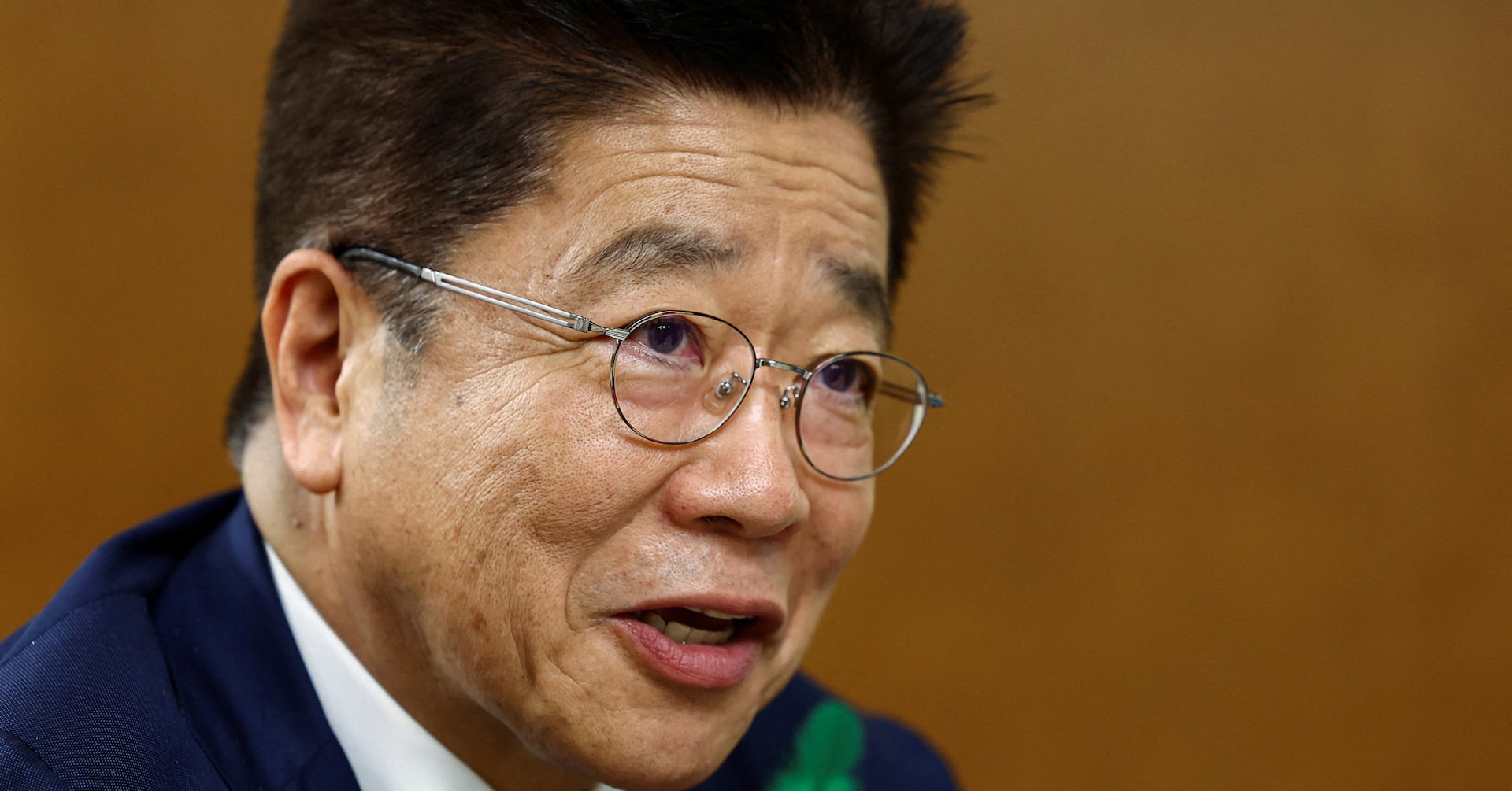Currency Clash: How Japan's Monetary Moves Could Reshape US-Japan Trade Dynamics

In a delicate diplomatic dance, Japan appears to have successfully navigated potential pressure from the United States regarding the yen's valuation during recent bilateral financial discussions. While the immediate outcome seemed to sidestep direct confrontation, the underlying dynamics of currency markets and the Bank of Japan's monetary policy continue to simmer as potential focal points in broader trade negotiations.
The nuanced exchanges between Japanese and American financial officials hint at a complex strategic landscape, where currency strength and interest rate policies remain critical chess pieces in the intricate game of international economic relations. Despite avoiding immediate escalation, the conversations underscore the ongoing tension and strategic considerations that shape economic interactions between these two major global powers.
As both nations seek to balance their economic interests, the subtle interplay of monetary policy, currency valuation, and trade considerations continues to define their economic diplomacy, with each side carefully measuring its moves and potential consequences.
